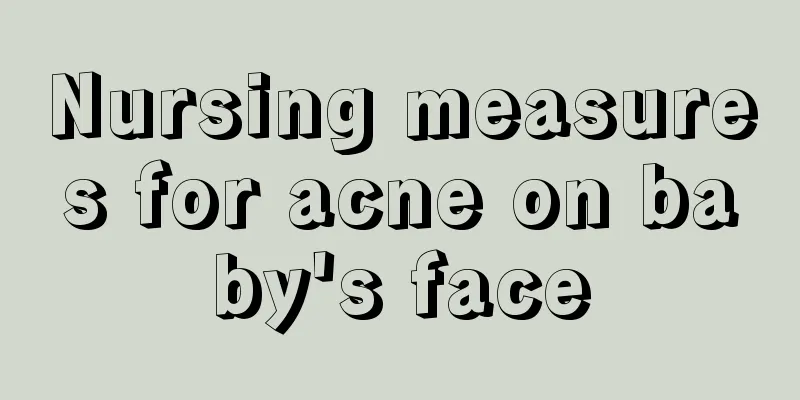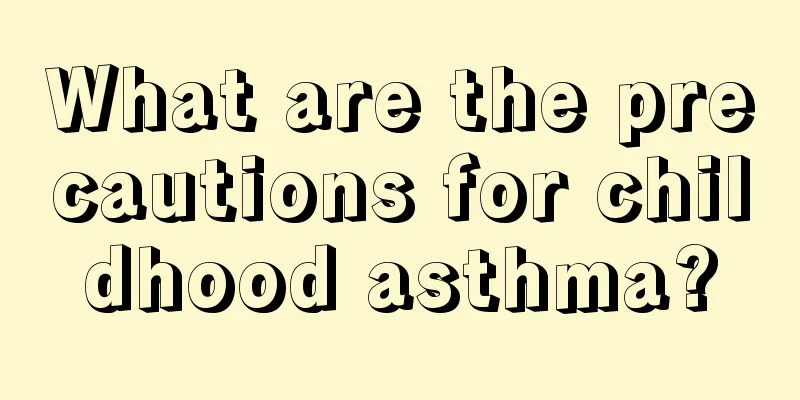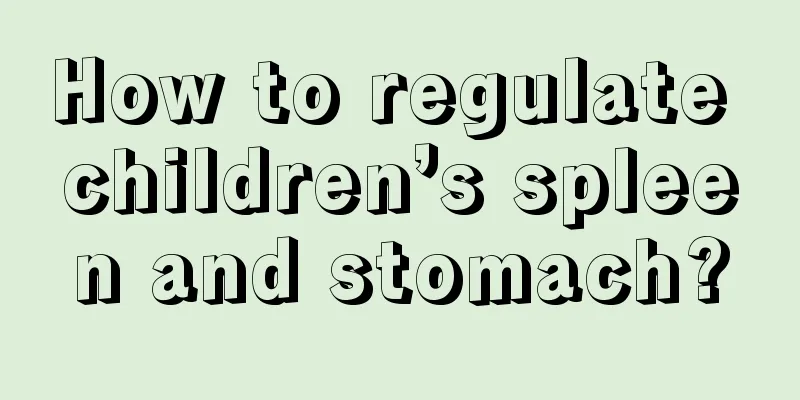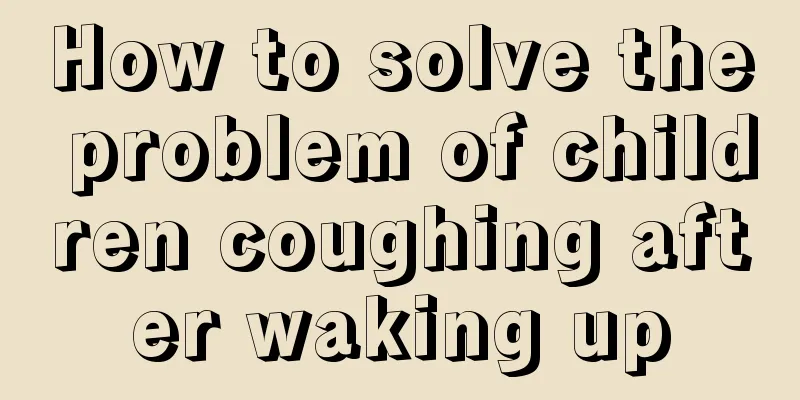Why do children bite their teeth when sleeping?
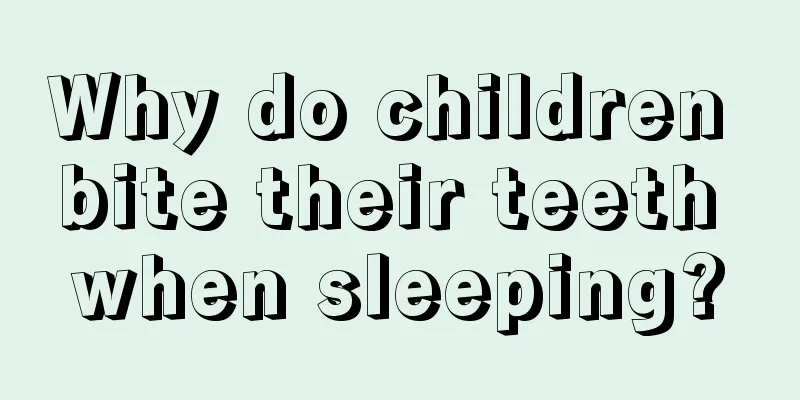
|
Children's teeth grinding while sleeping should be controlled as soon as they start to bite, because it will affect the normal development of children's teeth and cause their teeth to become deformed. It will be too late to treat it at that time, and there will be no way to achieve better treatment goals. It is better to receive more authentic treatment in the early stages so that it can be treated fundamentally. Bruxism is a phenomenon in which the teeth are unconsciously subjected to a certain intensity of biting force while the lower jaw moves in a certain rhythm or shows a greater tendency to move. Bruxism is a common and frequently occurring disease in dentistry. Its characteristic manifestation is intermittent isotonic contraction of the mandibular muscles accompanied by regular chewing-like movements. It can occur in people of any age, but is more common in children and young people. It can be divided into three types. The first type is bruxism, which often occurs after falling asleep at night, also known as nocturnal bruxism. The second type is the clenched teeth type, in which people often unconsciously clench their teeth when concentrating during the day, but there is no grinding of the upper and lower teeth. The third is a mixed type, which includes both nocturnal bruxism and daytime clenching of teeth. Nocturnal bruxism is mainly manifested by the grinding or knocking of teeth during sleep, sometimes accompanied by sound. The main manifestation of daytime bruxism is that you unconsciously clench your teeth when concentrating, but there is no grinding of the upper and lower teeth. Long-term bruxism can cause abnormal tooth wear. Severe wear can lead to tooth allergy to hot, cold, sour and sweet, tooth pain, loose teeth, periodontal tissue damage, tooth cusp fracture, pulpitis, etc. Nighttime teeth grinding can generate huge biting force, which puts excessive load on the temporomandibular joint and leads to temporomandibular joint disorder syndrome. Due to excessive force, patients with bruxism often experience masticatory muscle fatigue, tenderness, functional abnormalities, and muscle tension pain. Clinically, it is common to see patients with pain in the masseter, lateral pterygoid, and digastric regions. Sometimes, the masseter muscle is hypertrophied, and there may even be muscle pain in the neck and back. Some people also have autonomic nervous system symptoms and morning headaches. The diagnosis is not difficult to make based on typical clinical manifestations and oral examination. It is also necessary to determine the possible causes of bruxism so that they can be treated accordingly. The following standards can be used as reference: 1. The patient has typical teeth grinding or clenching movements during sleep. 2. Patients with stubborn bruxism may suffer from severe wear of the occlusal and interproximal surfaces. 3. There are changes such as atrophy of periodontal tissues, alveolar bones, and gums, loose teeth, and displacement of teeth. 4. Masseter muscle fatigue and weak bite. 5. Accompanied by symptoms of temporomandibular joint dysfunction. 6. After getting up, the patient has symptoms of head and neck pain. 7. More common in children and adolescent male patients. |
>>: What to do if your child doesn't like taking a nap
Recommend
What should I do if my child with cerebral palsy drools?
Cerebral palsy is a relatively serious disease, a...
Neonatal oxygen concentration
Generally, full-term newborns without any disease...
What should babies eat if they have lung heat and cough?
As the weather becomes drier in autumn and winter...
Does the newborn enema have any side effects?
We know that taking care of a baby is not an easy...
What's wrong with the white spots on the body of a three-month-old baby?
The resistance of a three-month-old baby is very ...
What are the side effects of nebulization for children?
People often suffer from respiratory diseases, es...
Six major psychological defects of primary school students that parents should know
Nowadays, there are more and more single children...
What is the normal size of breasts for a 12-year-old girl?
The development of female breasts is a very impor...
The child has a pimple on his eyelid
Sebaceous cysts are a common skin disease that us...
What’s wrong with the small bumps on the back of my child’s head?
If a child has small bumps on the back of his hea...
What is the cause of the black spot in the child's eye?
With the improvement of modern living standards, ...
What should children eat to nourish their liver and kidneys?
I believe that many parents are very worried abou...
How to build muscle for kids
Perhaps every boy wants to have an impressive fig...
What are the reasons why babies cry in the middle of the night?
During the development process, babies not only d...
Is 37 degrees considered a low fever?
In fact, measuring the baby's body temperatur...






